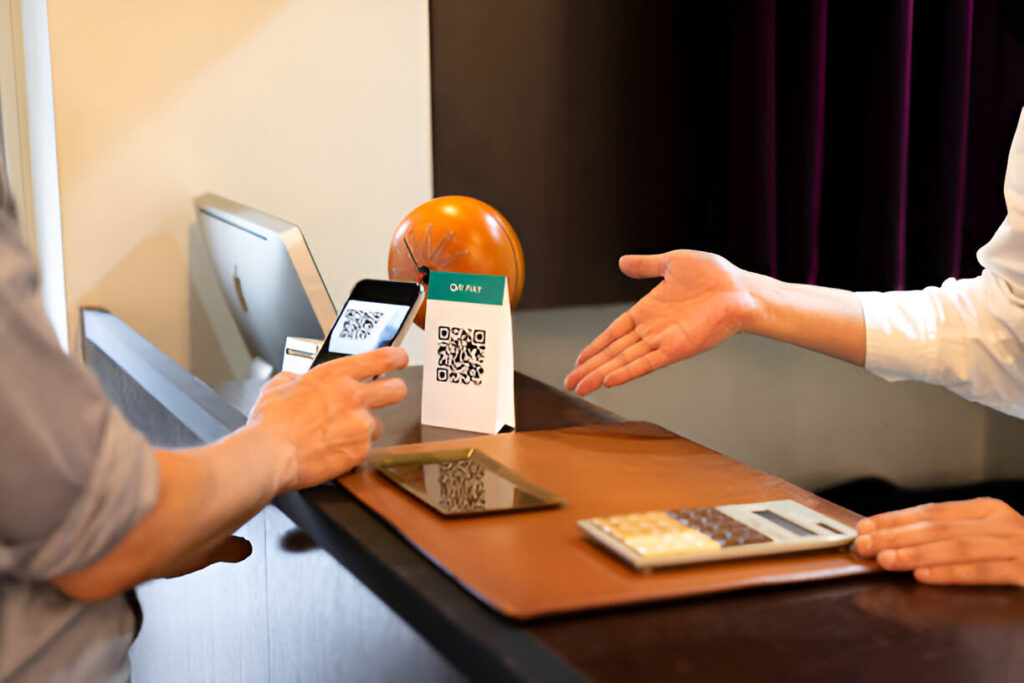The traditional banking sector has always ruled the economic system around the world. Decades back, one couldn’t even possibly think of a competitor that would give the banks a tough time. However, as times have changed, the banking sector is facing a real threat, i.e., fintech companies that provide financial services backed by high-end technology.
Although banks may have consumer’s trust and provide stability, fintech companies have innovation and flexibility on their side. Because of this, banks have either collaborated or started their fintech operations in a limited capacity.
So, what is the reason that most banks, sidelining their conventional ways, are following a fintech approach?
To find out the answer, we’re going to explore this topic a bit more and find out the advantages of digital payments. Only then can we see how a cashless society, which we’re moving towards, is in our best interests.
Without further ado, let’s get started.
Transaction Speed
More Convenient
Safe and Secure
Easy to Track
Scalability for Businesses
Bottom Line
Transaction Speed:
On both ends, be it a payee or a payer, digital payments can save a lot of time. In the past, we had to go to a bank to withdraw cash or write a cheque and deposit it in the payee’s account. People around the world still use this approach; however, digital payments are quick and hassle-free.
A payee’s account is all you need to transfer the money. There’s no need for you to go to a bank and stand in long queues. Also, unlike in traditional banking, where you have to wait for banks to clear cheques to access the money, there’s no such thing involved in digital payments. All it takes is a single tap to receive or send money.
More Convenient:
Digital payments are especially quite helpful for e-commerce users. With time, technology has tilted people’s interest in digital shopping. Now, as people shop, they can pay on the go.
Also, debit and credit cards have played a massive role in creating ease for consumers. They don’t have to carry a lot of cash with them. All they can do is carry a card and pay with it.
Keeping an eye on customer convenience, most top companies accept digital payments. Instead of going to the franchise to pay bills, they allow customers to pay their dues digitally. Take the example of Spectrum. They’re one of the leading TV, Phone, and Internet companies in the U.S. Customers can access their Spectrum account to view and pay their bill. Moreover, Spanish customers can make Spectrum español pagos online without any difficulty.
Safe and Secure:
A lot of people may feel insecure about digital payments. They may refrain from putting their money in a digital wallet and think of it as susceptible to falling into the wrong hands.
That said, there are multiple factors contributing to making digital payments safe and sound. Firstly, digital payments or wallets are encrypted. It means that the data can only be read by someone having the right decryption code. It helps users to keep their accounts safe and secure.
Secondly, digital wallets are usually equipped with authentication tools. It can be a password, biometrics, or two-factor authentication (2FA). Digital wallets may use one or multiple factors of authentication. The authentication factors provide robust security to digital accounts. Only people with the correct credentials of an account can access it.
Easy to Track:
People may want to keep track of their transactions. In a bank account, you may do it via bank statements. Most banks provide e-statements, but they may charge a small amount for this facility. Also, if you’re dealing with physical cash, maintaining a record may have to be done manually and with concentration to keep your books balanced.
However, digital transactions are fairly easy to track. There’s no need to record them manually or go for bank statements. Most digital wallets have a dashboard where a history of transactions resides. Every penny, received or sent, is recorded, and you can always access it via the app.
Scalability for Businesses:
For businesses, digital payments have done wonders in multiple ways. First of all, digital wallets have removed the hurdle of receiving or sending money around the world. In the past, several days were wasted via a banking channel. Now, there’s almost zero time wasted with digital payments, and they’re as secure as a banking channel.
Secondly, it gives businesses a shot to expand their operations around the world. Delivering the products to another country isn’t as difficult as receiving the payment from them. As told above, businesses can digitally receive the amount in their wallets in a secure environment.
Future Expectations:
As things stand, physical currency may totally be replaced by digital means in years to come. Keeping its benefits in mind, digital payments seem a fair deal. Also, as technology grows, one may expect a lot more distinguished and unique digital payment features in the upcoming years.


